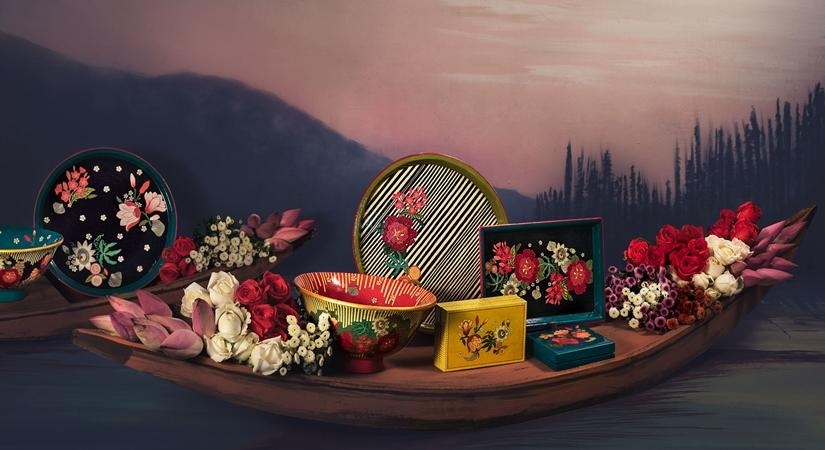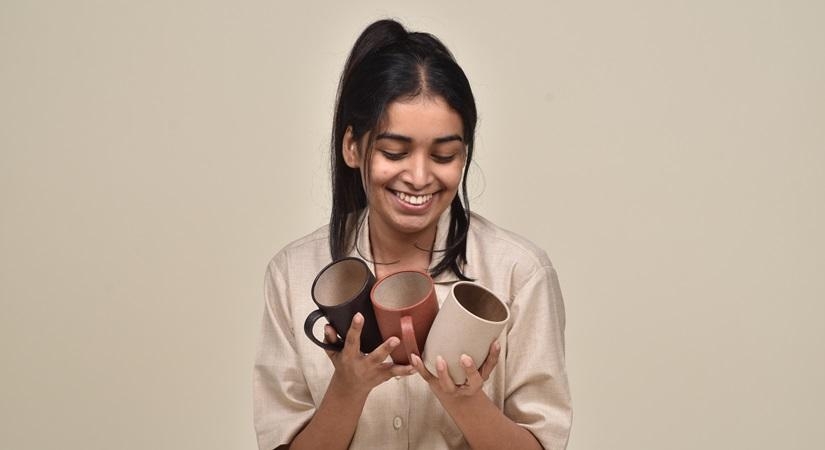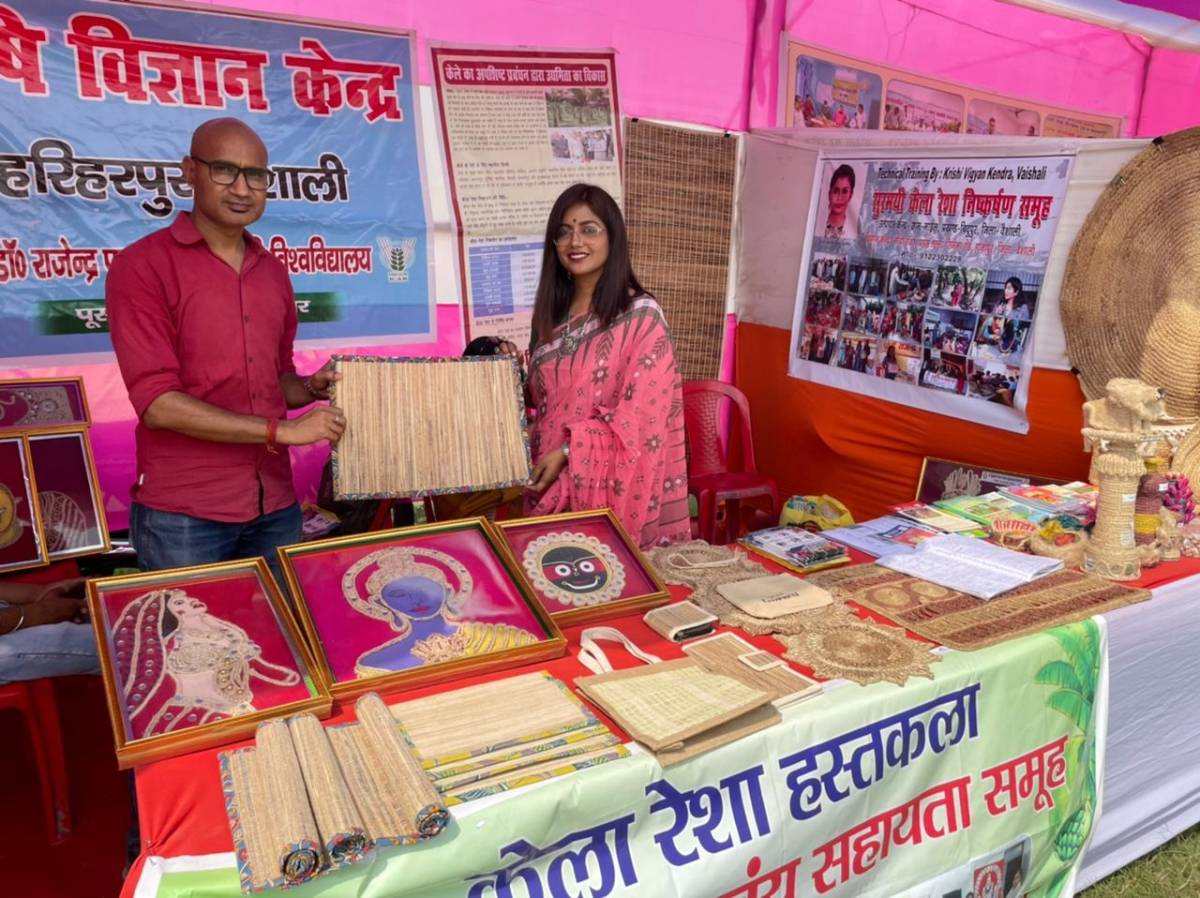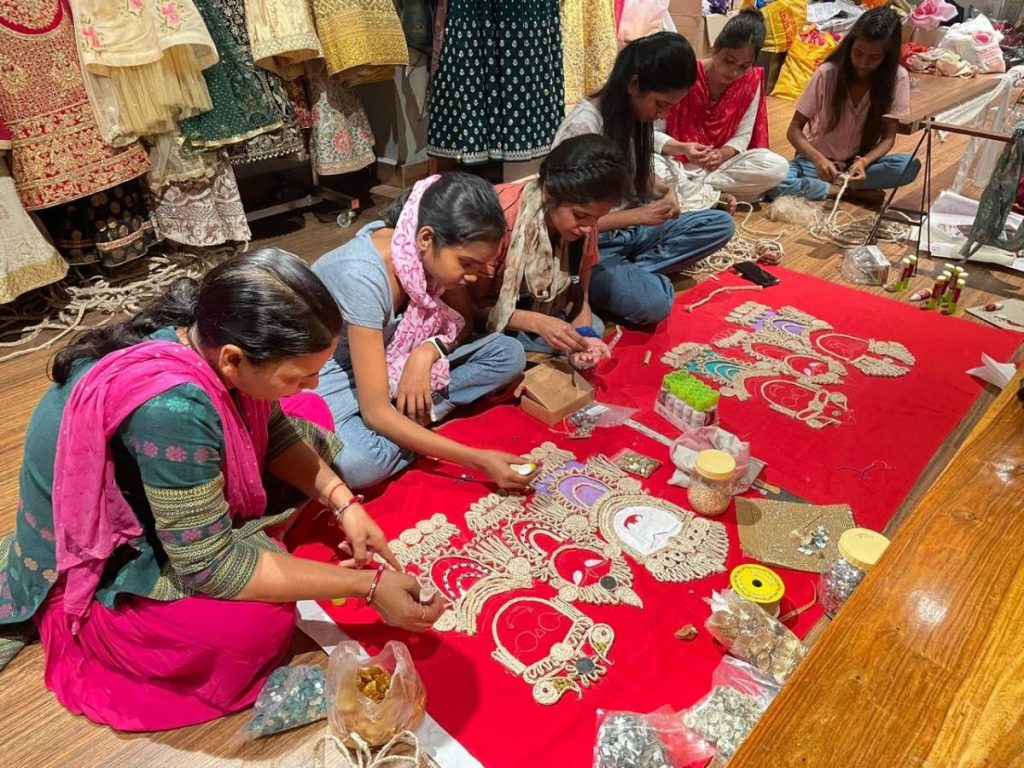The use of rice husk is a prime example of how sustainable alternatives can be found in unlikely places. This initiates restoration and a circular economy that benefits both the environment and local communities…reports Ronit Jain
Sustainability has become a hot topic in recent years, and for good reasons. As we become more aware of the aftermath of our actions on nature, looking for ways to reduce waste and live more sustainably will do the planet good and initiate rejuvenation. Even starting small, like switching from single use plastic to reusable, sustainable and durable mugs, can subsequently make a bigger difference and promote healthier lifestyle and planet.

But what is Earth’s Waste?
Agriculture is a vital industry that feeds the world’s population, it does however produce a vast amount of by-products. Every year around 500 million tons of crop residue is generated in India. The abundance of this agricultural waste presents a serious ecological problem owing to the release of carbon dioxide, long-lasting smoke and methane produced from its combustion.
Rice husk is the outer layer of rice grains that is removed during the milling process. It is a highly produced crop residue in India. Though when properly sourced, rice husk is ideal for product manufacturing as it is toxin-free, bio-degradable, and carbon-neutral, making it an environmentally friendly alternative to traditional materials such as fragile ceramics and plastics. Not only does this help reduce waste and carbon emissions but also supports local farmers by providing a market for their crop residue.
The use of rice husk is a prime example of how sustainable alternatives can be found in unlikely places. This initiates restoration and a circular economy that benefits both the environment and local communities.
Mugs made out of Rice Husk are an excellent example of a sustainable product that provides consumers with a safer, healthier, and more eco-conscious option. They are durable and can withstand high temperatures, hence they are suitable for use with hot and cold beverages, making them a convenient option for everyday use and busy lifestyles.
We believe the search for safer and more eco-friendly alternatives is crucial and must continue as new technologies and materials emerge. By promoting the use of reusable materials and eco-friendly materials in product manufacturing, we can reduce the carbon footprint and mitigate the negative impact of these materials on the environment.
ALSO READ-Ramadan special Keema Mutton samosa



